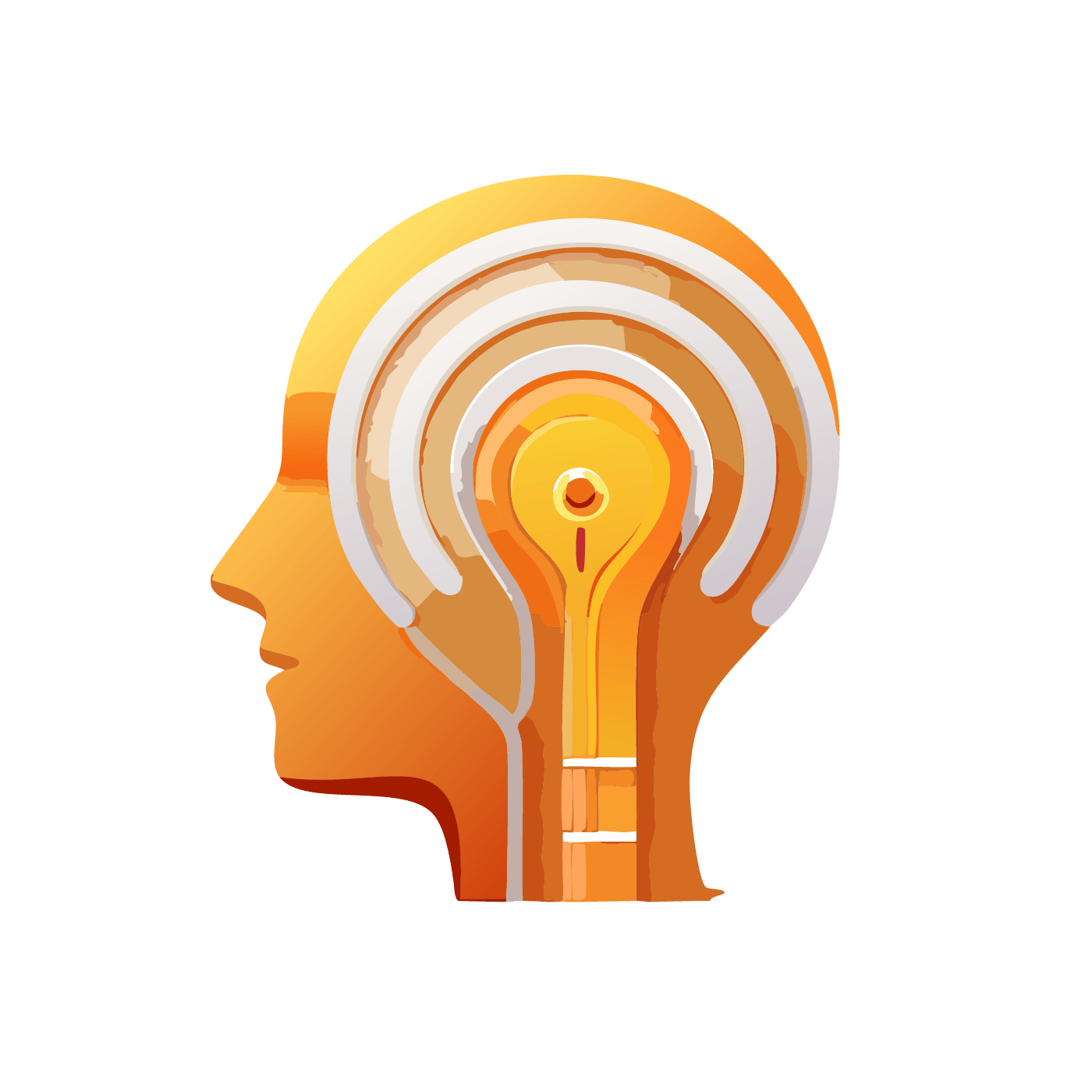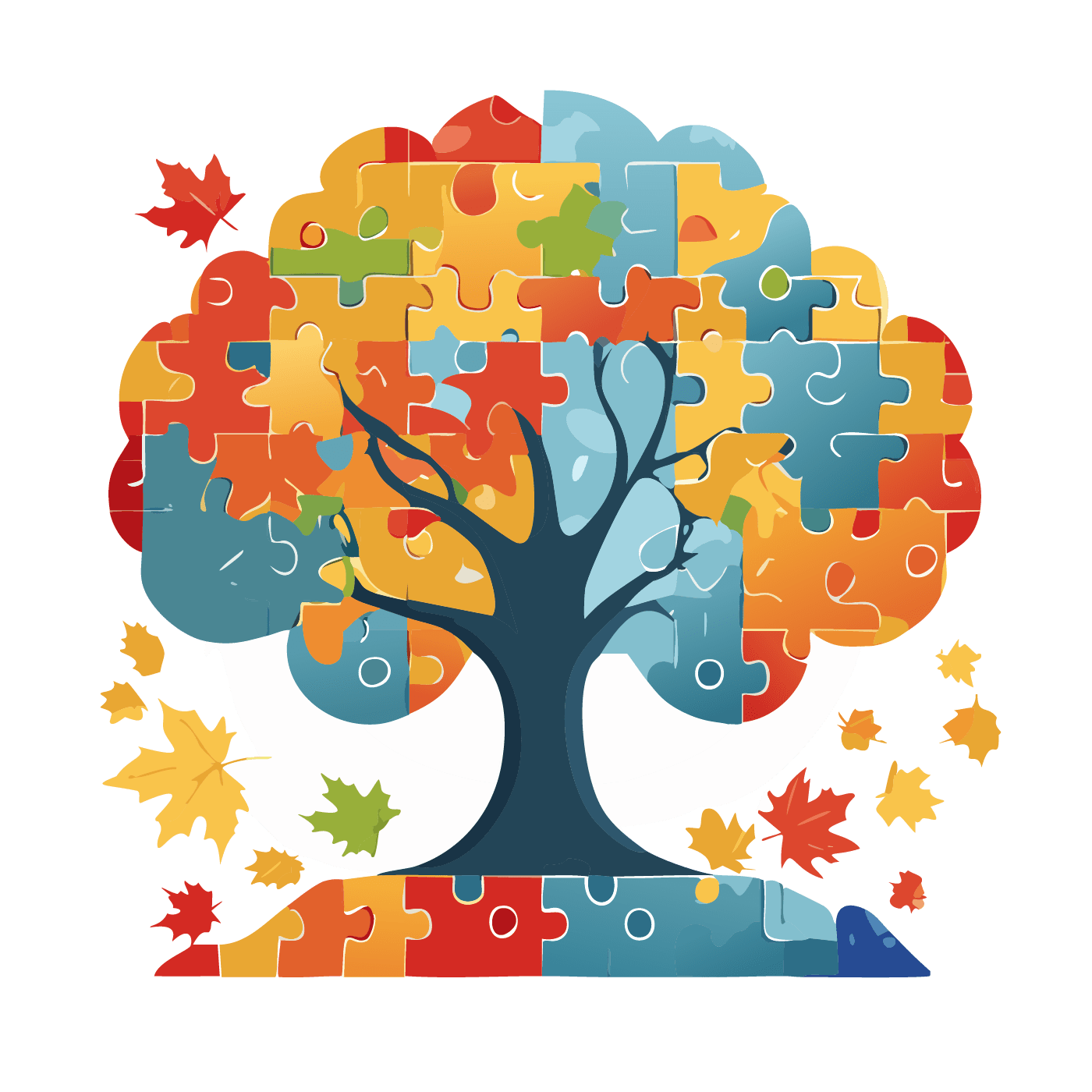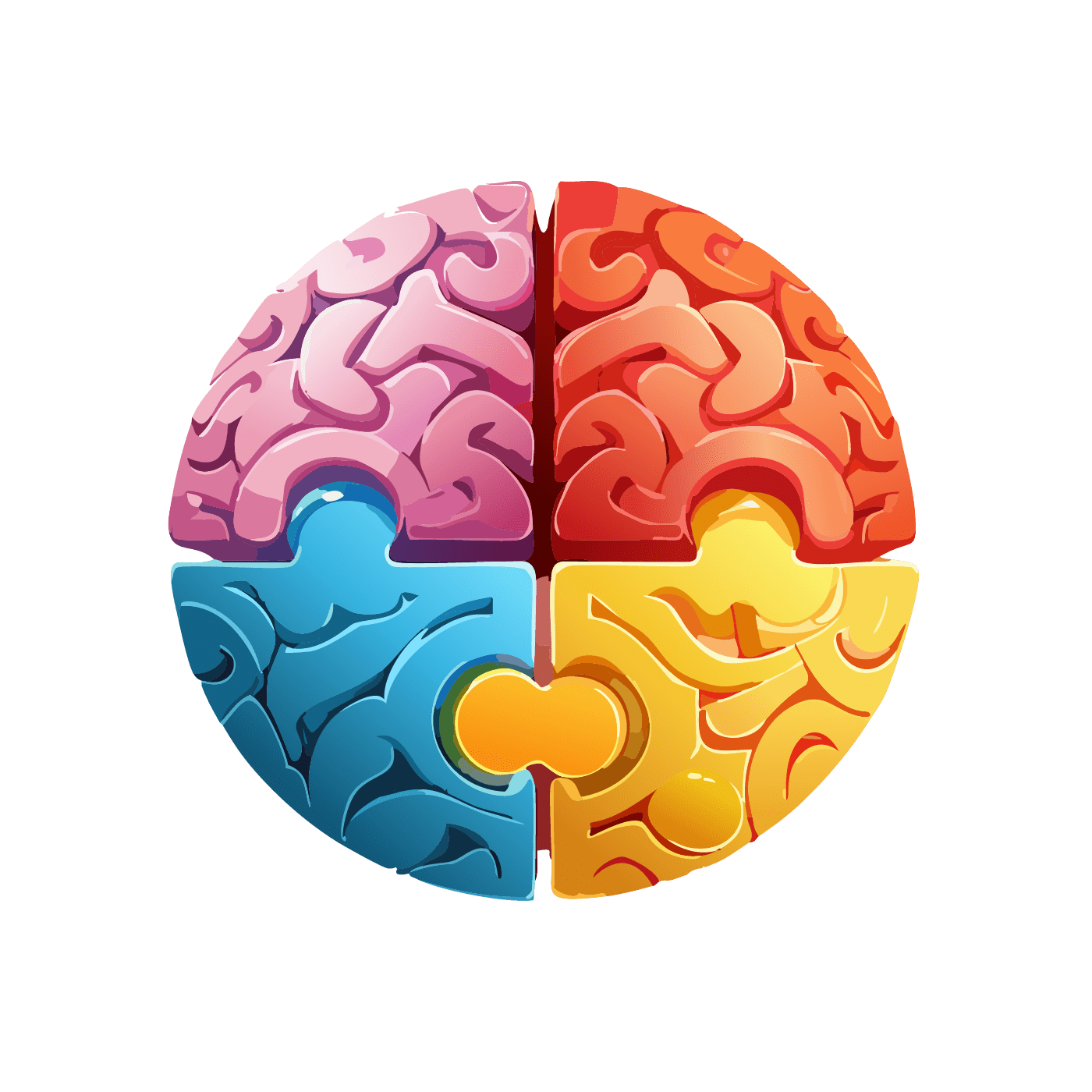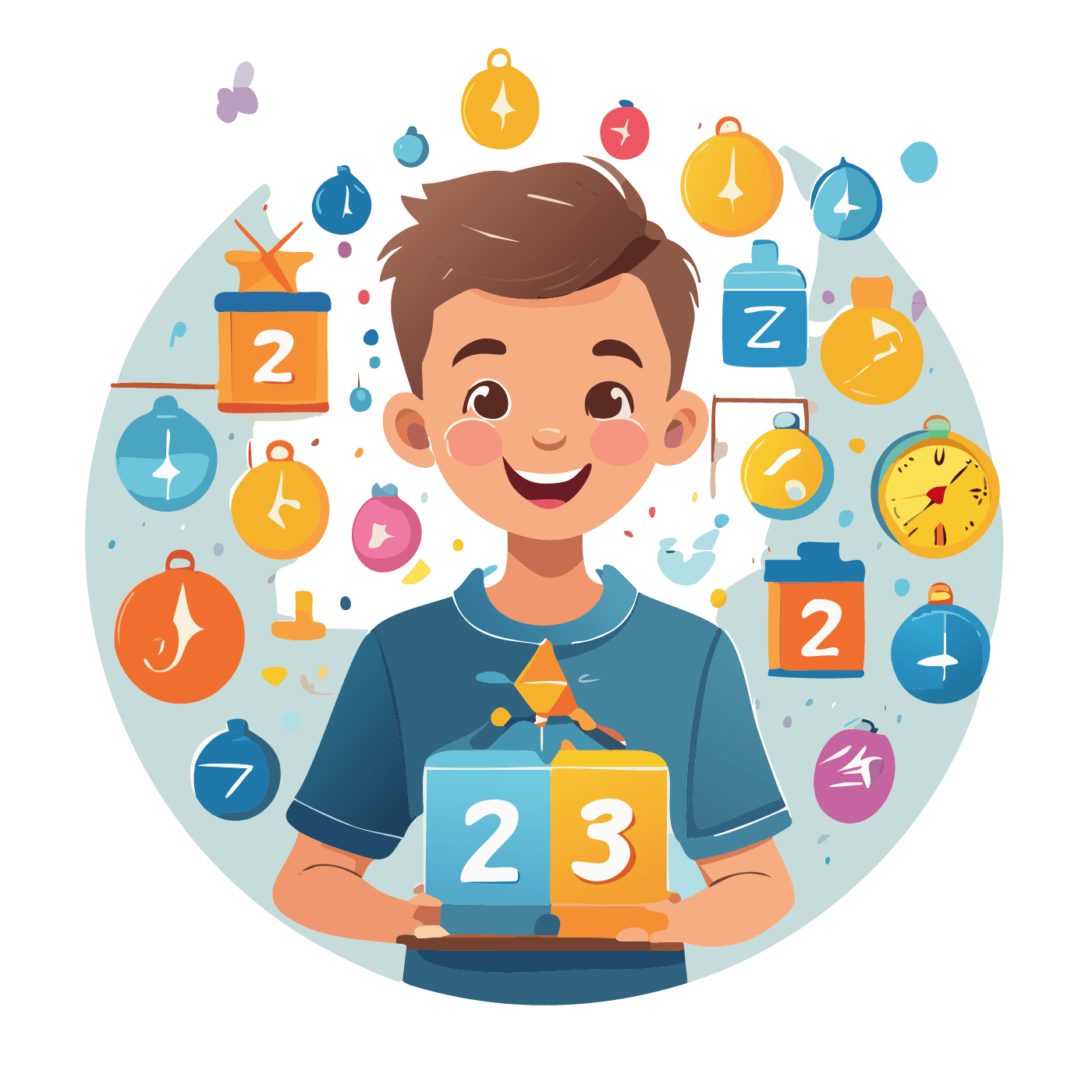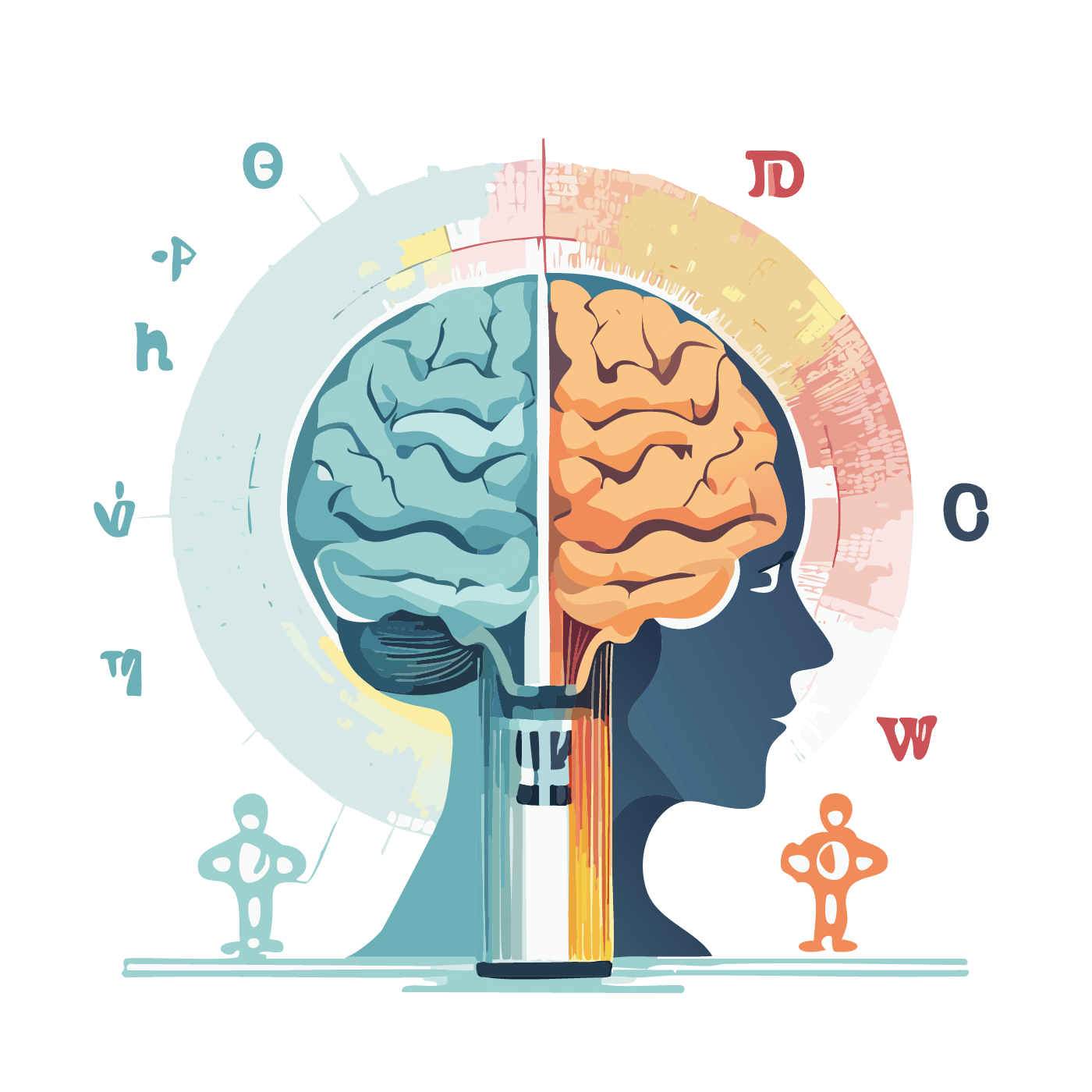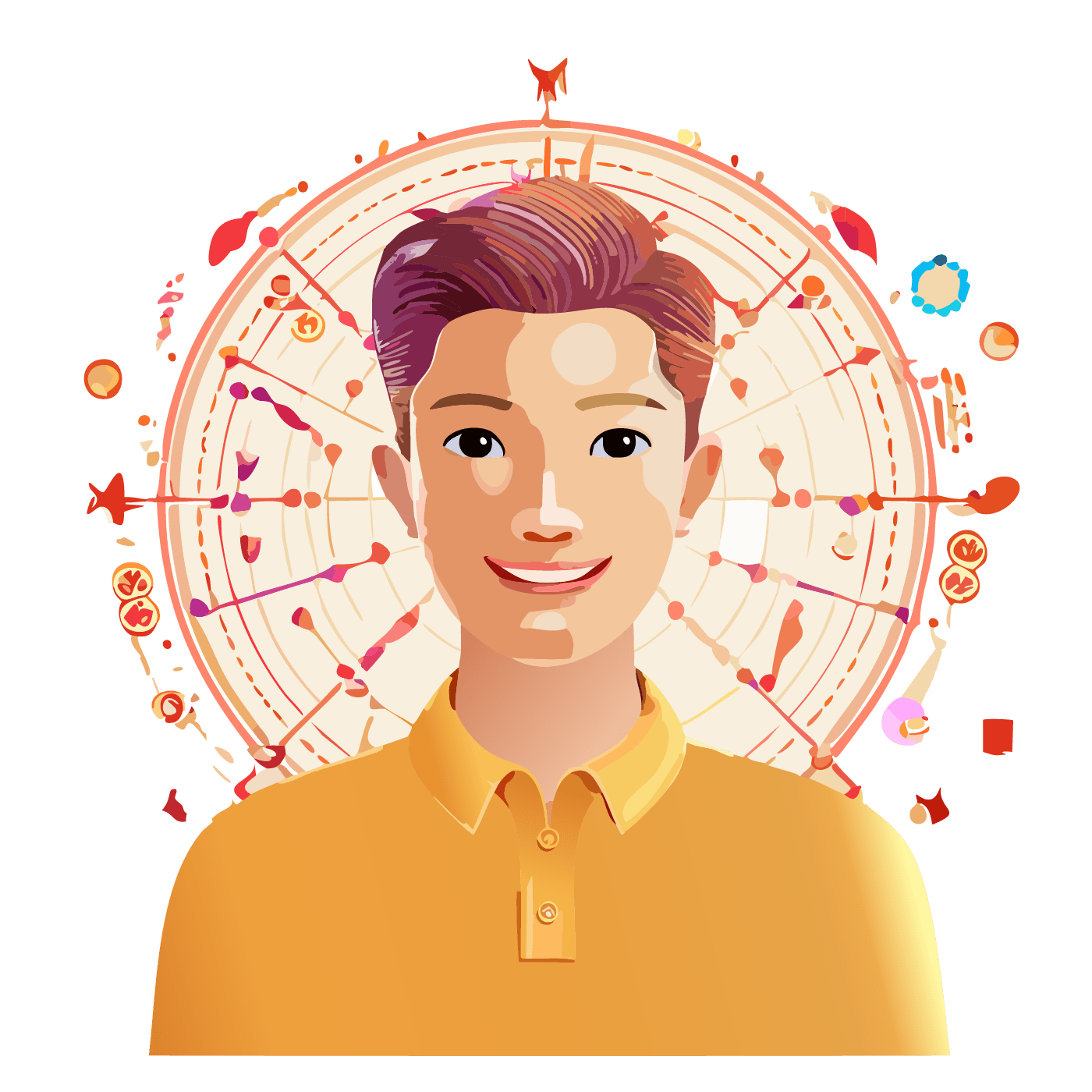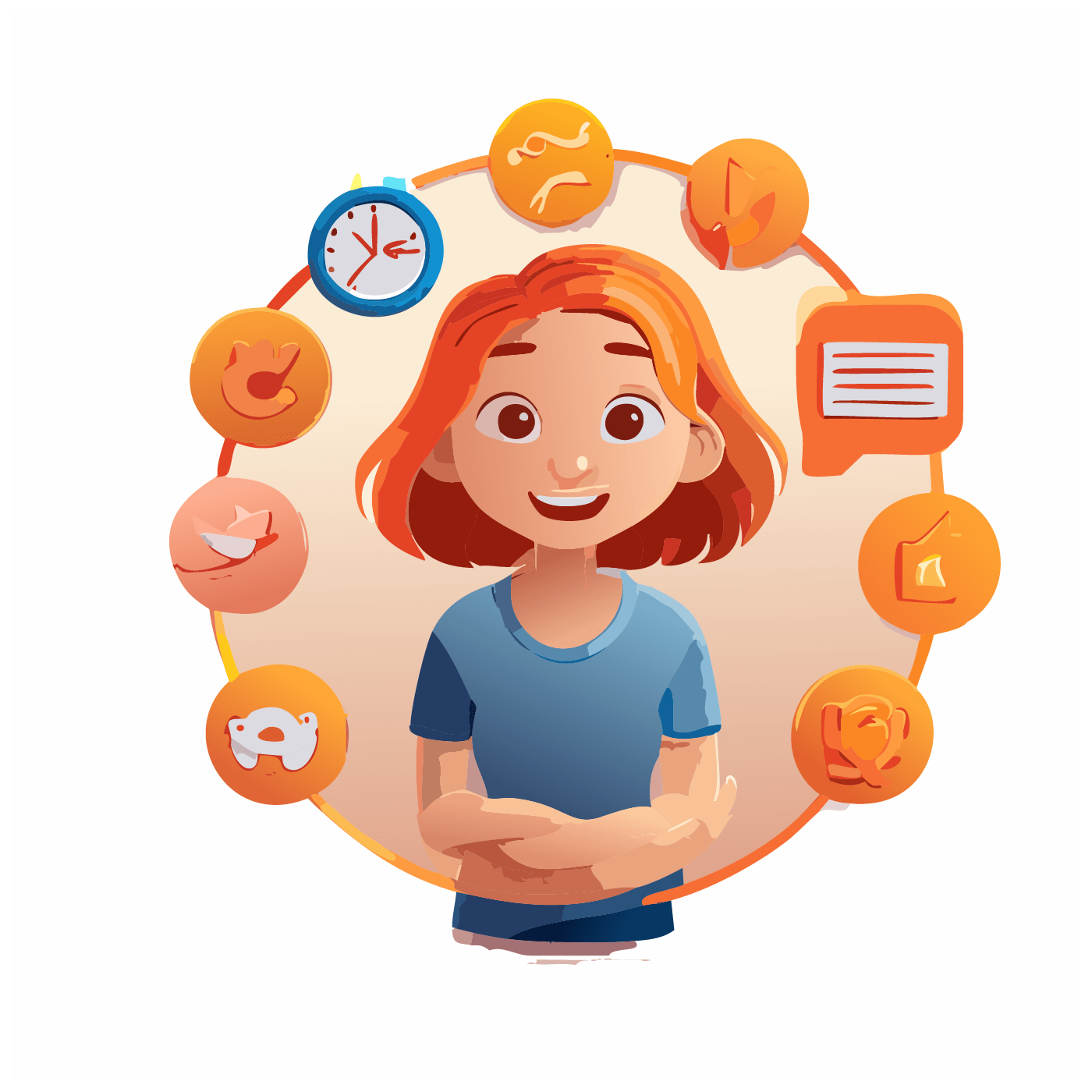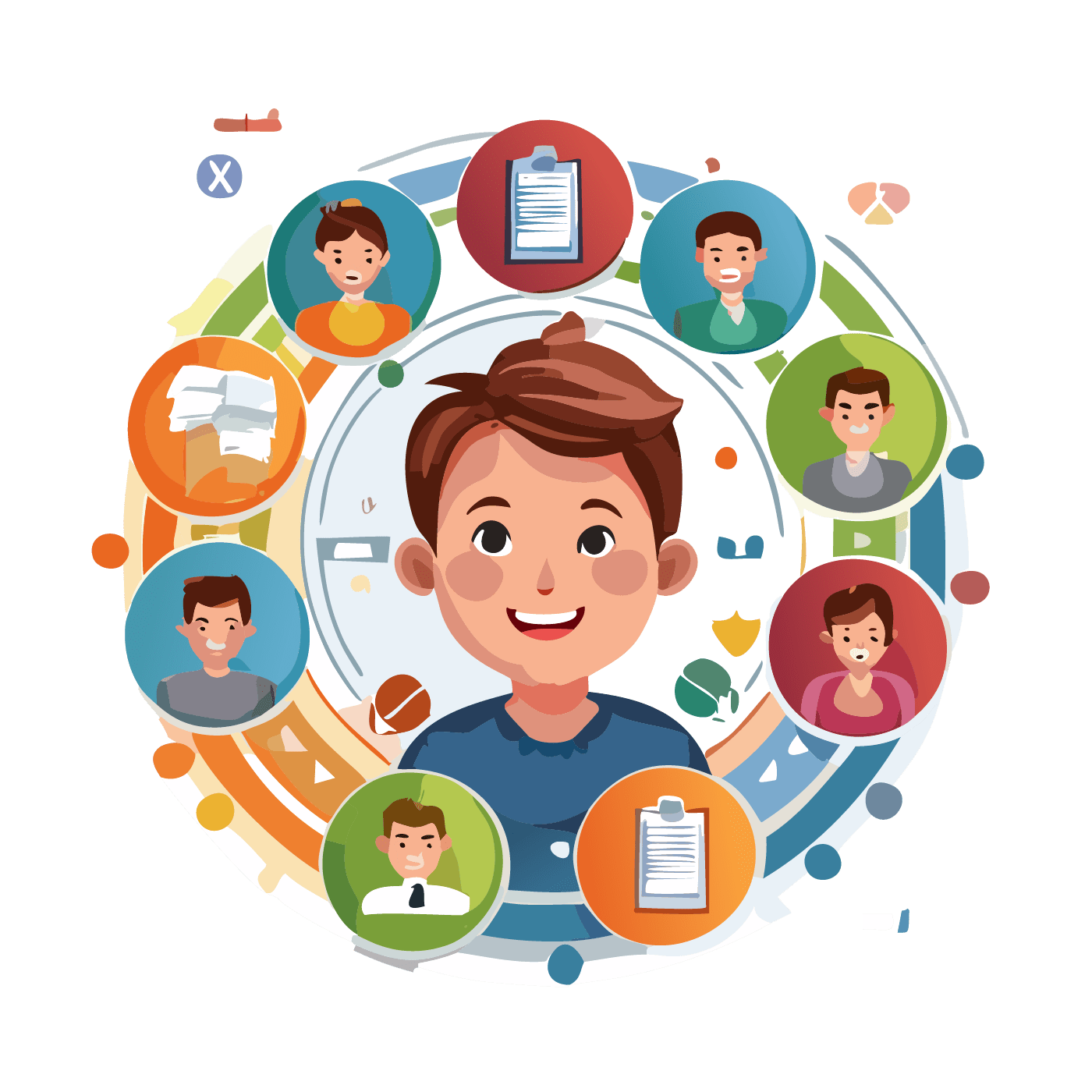Article Index
We share helpful, secular (non-religious) homeschooling resources for a variety of subjects and grade levels. Our goal is to support parents as they navigate their homeschooling journey with confidence and ease.

Articles by Name
Educational Styles
No Results Found
The page you requested could not be found. Try refining your search, or use the navigation above to locate the post.
Articles Post
What is the Orton-Gillingham Approach?
The Orton-Gillingham Approach is a structured, multisensory, and individualized method developed in the 1930s by neuropsychiatrist Dr. Samuel Orton and educator/psychologist...
What is the Wilson Reading System (WRS)?
The Wilson Reading System (WRS) is a structured literacy program designed to help individuals with language-based learning disabilities, such as dyslexia, improve their...
What Teaching Techniques Work Well in Homeschooling
In homeschooling, teaching techniques that work well tend to be flexible, personalized, and hands-on, adapting to each student’s learning style, pace, and interests. Here...
Why Children Under Seven Learn Best Through Play
In the early years of life, children are naturally curious, imaginative, and eager to explore their world. Rather than learning through lectures or structured academic...
Why Use Bloom’s Taxonomy
Bloom's Taxonomy is a framework for classifying educational objectives and is often used to guide the development of curriculum and assessments in traditional educational...
Withdrawal Letter to Homeschool in Oklahoma
In Oklahoma, while there is no specific legal requirement to submit a withdrawal letter to homeschool (as homeschooling is considered a form of private education), some...



